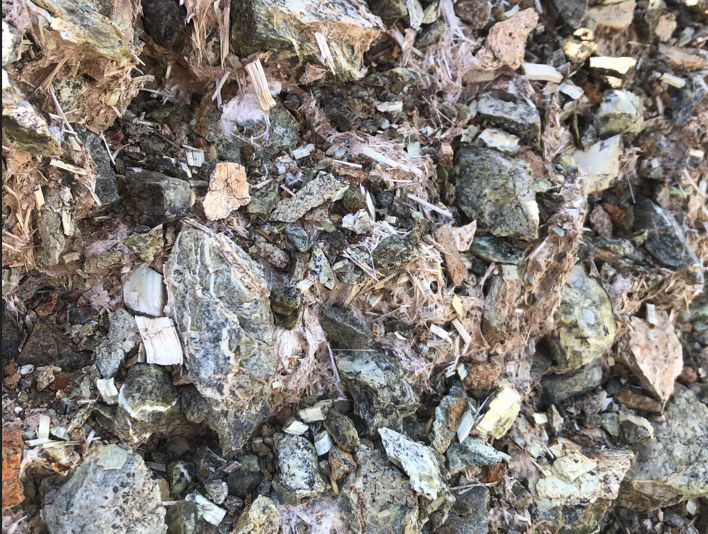
Asbestos Re-Inspections
As part of a controlled regular asbestos management programme, Red OHMS Group consultants can re-inspect any previously surveyed premises, to update the information held on the asbestos register. Re-inspection schedules can be tailored to your specific requirements which we will establish with you. Where necessary, we can handle discussions with Worksafe on your behalf.
As part of the Work Health & Safety (General) Regulations 2022, regulation 430 requires that the asbestos management plan is regularly reviewed and records updated accordingly. The frequency of the asbestos inspection regime is dictated by the nature of risk that the asbestos poses. The risk is assessed by the type, extent, condition and location of the asbestos.
Over time, asbestos-based products can degenerate, weather or be accidentally damaged thereby causing the risks associated with the material to change substantially.
We can advise on or supply efficient methods for complying with this requirement.
Our approach, procedures and checks ensure this is not an overly costly or time-consuming task. We recommend that re-inspections are carried out every 6-12 months.
How we can assist you:
- Assess your current asbestos records and their format
- Provide a cost and schedule for re-inspection
- Contact you before your re-inspection is due
- Re-inspect your sites and update your asbestos records in whatever format you hold them
- Advise you of where there have been any changes to asbestos containing materials and provide recommendations to maintain
- Ensure the compliance of your asbestos policy, including reviewing your management plan
- Repeat the above processes on your behalf ensuring on-going compliance
Bulk Sampling
Our experienced consultants undertake bulk sampling of suspect ACM’s in accordance with HSE Guidance Notes HSG 248, HSG264, and in-house technical procedures.
The samples are then analysed by polarised light microscopy with dispersion staining in accordance with NATA accredited method, AS 4964—2004. Australian Standard™. Method for the qualitative identification of asbestos in bulk samples.

